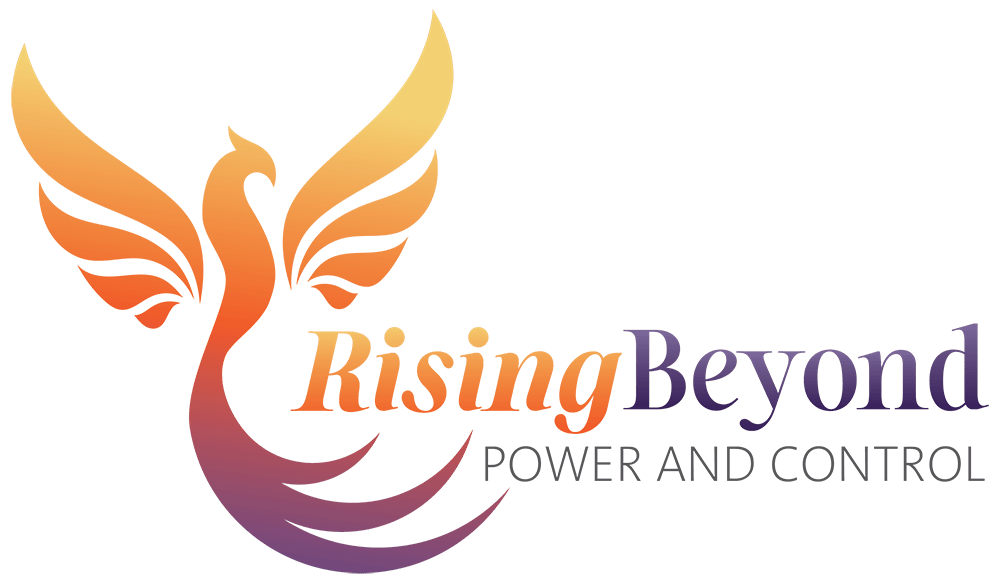|
By Sybil Cummin, MA, LPC  As I sit with my female clients day after day, a common theme emerges. Right now, they are extremely angry and that makes them extremely uncomfortable. It is probably helpful to mention that all my female adult clients are victims and survivors of domestic violence and narcissistic abuse. Maybe that makes more sense to you now. That they are angry at the abuse they have endured and maybe that they are angry at themselves for allowing the abuse to happen. You are not wrong. Many are angry for exactly these reasons. But they haven’t always been angry. It wasn’t safe for them to be angry. So, what has changed? Similar to the grief process when someone you have loved has died, anger is a stage in a larger process of healing. These women are also grieving, but they are grieving the loss of a person and a relationship that was not real. They are grieving the promise that was made to them over and over again as a way to keep control of them. Some are grieving the loss of the years they spent trapped, and some are grieving the loss of their identity completely. And yet, anger for these women represents something different than the loss of someone they loved.
Many of my clients do not start out angry. In fact, at times they start out as an empty shell or someone believing they are crazy and to blame for how they are being treated. If they can just be “better:” a better parent, have a thinner body, be more exciting in the bedroom, a better caretaker and home maker, then they will deserve to be treated, well, better – like they were at the beginning of their relationship. These women do not allow themselves to feel angry because, in doing so, they would need to let go of the belief – and the hope – that becoming “better” could fix the relationship. In other words, these victims and survivors are not quite ready to accept that, no matter how much they change “for the better,” they cannot arrive at a healthy relationship with their narcissistic/abusive partner. Another reason these women do not allow themselves to feel angry is because they understand the consequences of showing their anger to their partners. If they vented their frustration, their anger, their feeling that no matter what they do to be better it’s never enough – they would face the abuse of their partner. They have learned how unsafe it is to show anger, so they don’t. Good girls, good wives, good women don’t get angry. So why is it that when my clients start getting angry and showing their anger in session with me I become giddy and excited (even when knowing how uncomfortable it is for them)? Because anger represents growth and healing and change. Anger represents a barometer of healing for me as it shows an increase in self-worth and a sense of safety and connection. You cannot be angry about how you are treated until you can believe in your heart that you deserve being treated differently. These survivors will not acknowledge their feelings of anger, let alone show them unless they feel safe enough to do so. When they show me their anger, both of us have the experience that our relationship is safe enough for them to feel safe enough to share anger. So, if you are uncomfortable feeling anger, I invite you to take a deeper look. Have there been times when you were unable to show it? Have you only witnessed anger that was scary and threatening? Do you carry around the belief of the “good girl?” And when you feel anger, I invite you to reframe the anger. Can you identify the benefit behind your feeling? Does anger represent the level of worth you allow yourself? And the best way to process the discomfort that arises with anger and the situations where we find ourselves the angriest is with a safe person. This is someone who can sit with you through the discomfort without judgement, will understand or try to understand what is behind your anger, and someone who will not impose any consequences for your anger. Anger is a feeling like any other feeling. We all can feel it if we have the self-worth to feel it.
0 Comments
Your comment will be posted after it is approved.
Leave a Reply. |
AuthorSybil Cummin, MA, LPC, ACS, is a Licensed Professional Counselor who specializes in working with victims and survivors of narcissistic abuse. Archives
July 2024
Categories
All
|
About |
Resources |
Member Content
|
The content on this website is meant for informational and educational purposes only and is not intended to substitute medical or mental health diagnosis or treatment. Rising Beyond Power and Control also differentiates between coaching services and counseling services. You can read our full Disclaimer here.

 RSS Feed
RSS Feed
